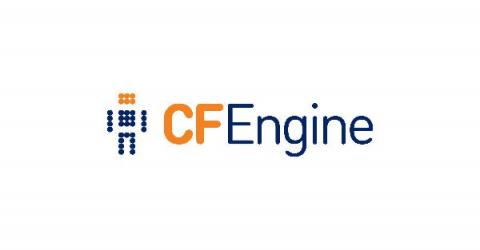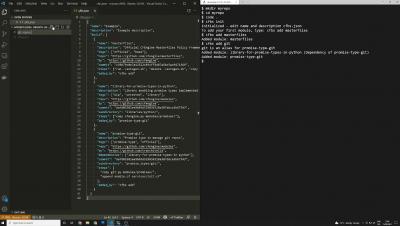Operations | Monitoring | ITSM | DevOps | Cloud
CFEngine
Managing local groups
Manually managing groups on a large infrastructure can be a tedious task, and is therefore best suited through automation software like CFEngine. Unfortunately - at time of writing - CFEngine does not have any built-in promise types for managing groups. But fear not; in CFEngine 3.17, custom promise types were introduced.
CFEngine: The Agent Is In 4 - CFEngine Build System (CFBS)
The CFEngine Build System - cfbs (Developer Demo)
Cloning git repos and creating systemd services with CFEngine
Using modules, you can add custom promise types to CFEngine, to manage new resources. In this blog post, I’d like to introduce some of the first official modules, namely git and systemd promise types. They were both written by Fabio Tranchitella, who normally works on our other product, Mender.io. He decided to learn some CFEngine and within a couple of weeks he’s contributed 3 modules, showing just how easy it is to implement new promise types. Thanks, Fabio!
Optional arguments with getopt_long(3)
I recently had a minor task involving changing an option - on one of our command line tools - from taking a required argument, to taking an optional argument. This should be easy they said; just change the respective option struct to take an optional argument, add a colon to the optstring, and get on with your life. Well, it proved to be easier said than done. My initial expectation was that a solution similar to the one below should just work. And it does work, just not in the way I expected.
CFEngine: The Agent Is In 3 - What's New In 3.18 LTS?
Trigger agent runs and report collection from Mission Portal (Developer Demo)
CFEngine: The Agent Is In 2 - Community User Demo with Jeff Carlson
CFEngine 3.18 LTS released - Extensibility
Today, we are pleased to announce the release of CFEngine 3.18.0! The focus of this new version has been extensibility. It also marks an important event, the beginning of the 3.18 LTS series, which will be supported for 3 years. Several new features have been added since the release of CFEngine 3.15 LTS, in the form of non-LTS releases. In this blog post we’ll primarily focus on what is new in 3.18, but we will also highlight some things released in 3.16 and 3.17.









